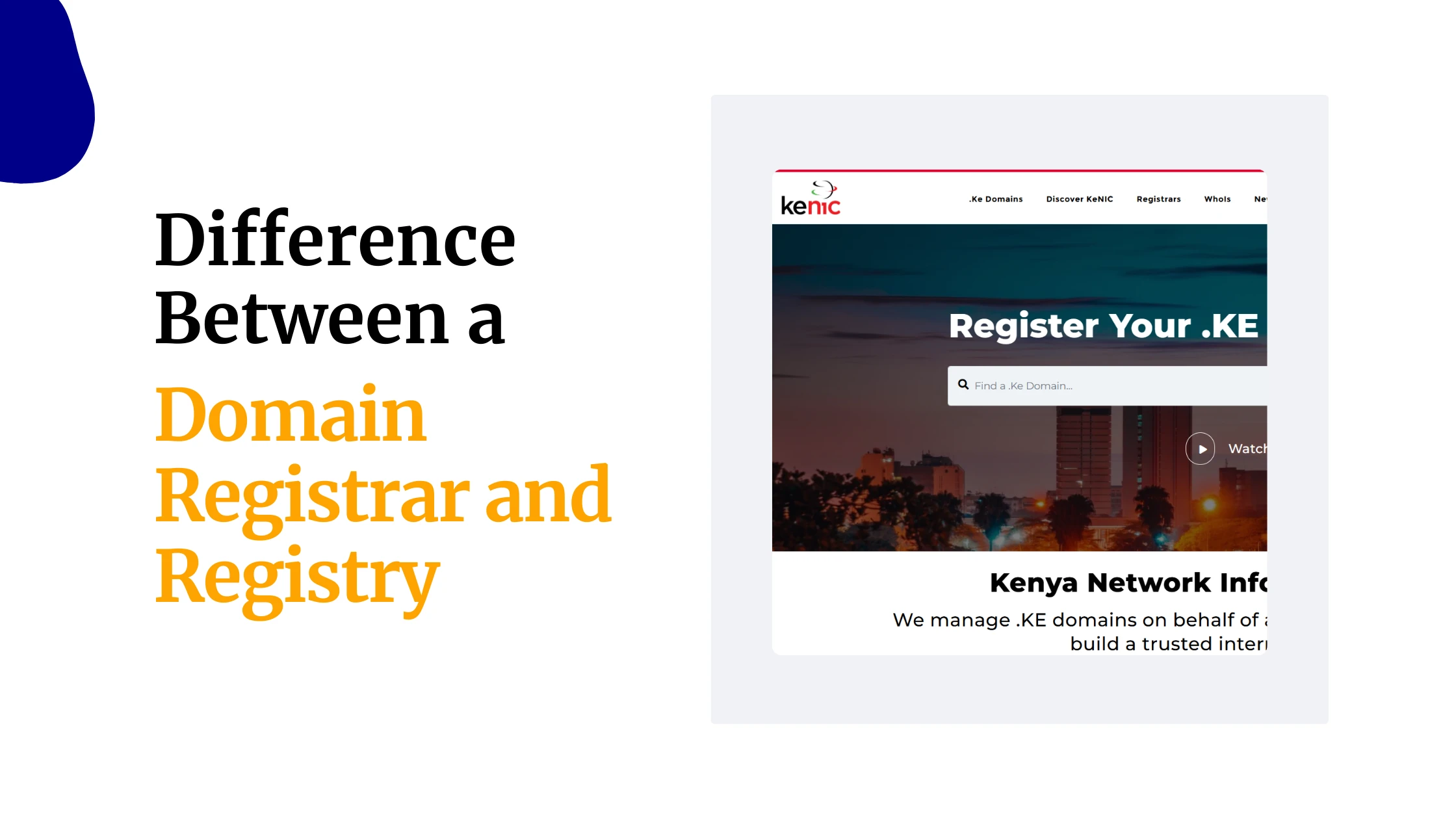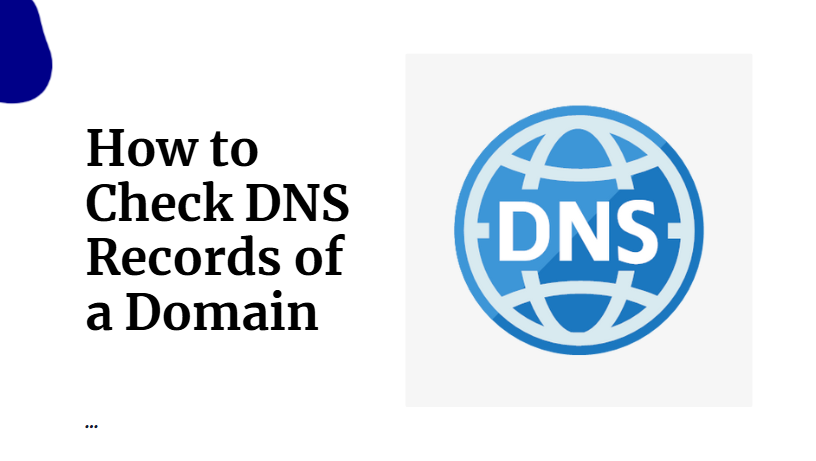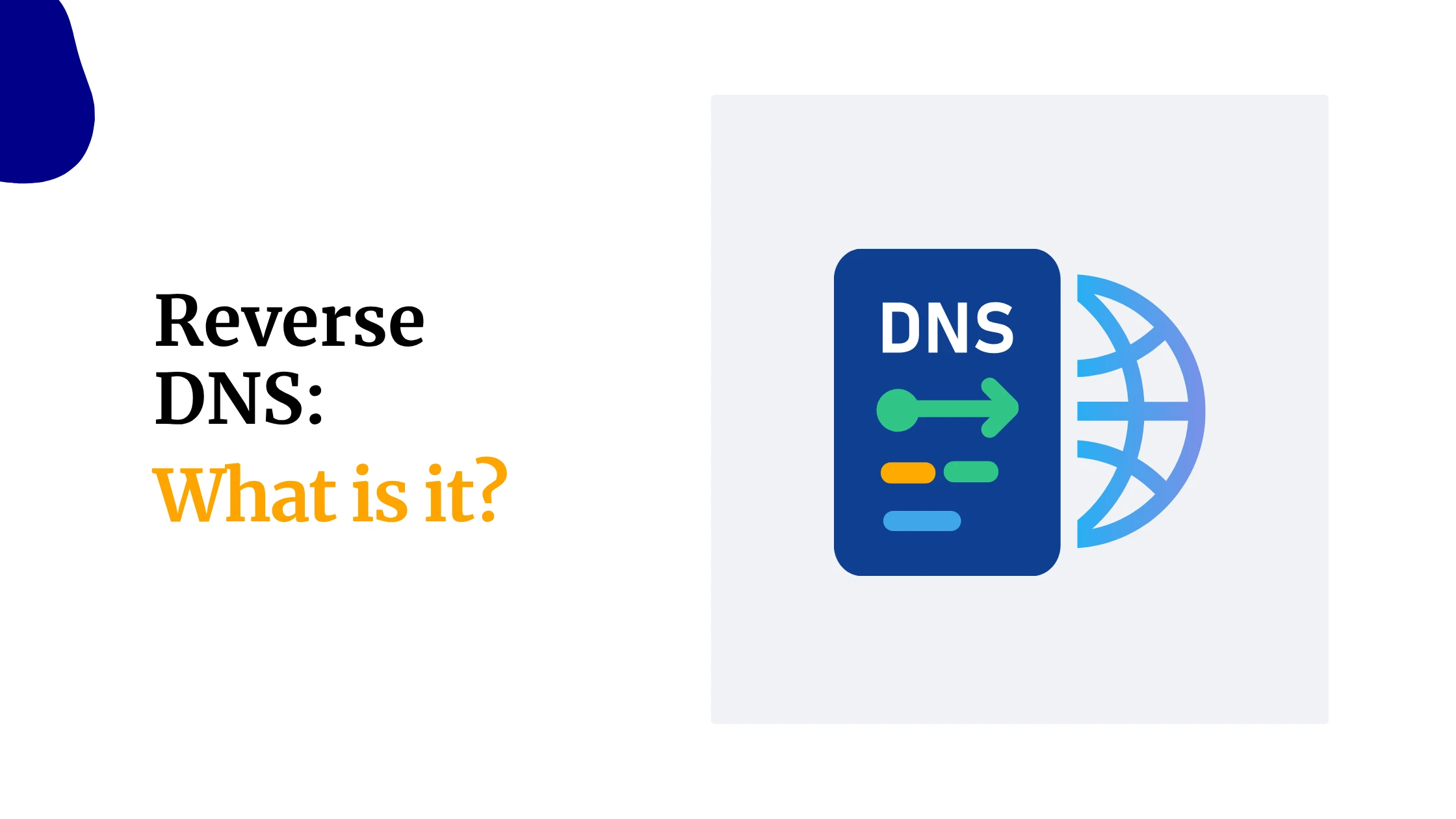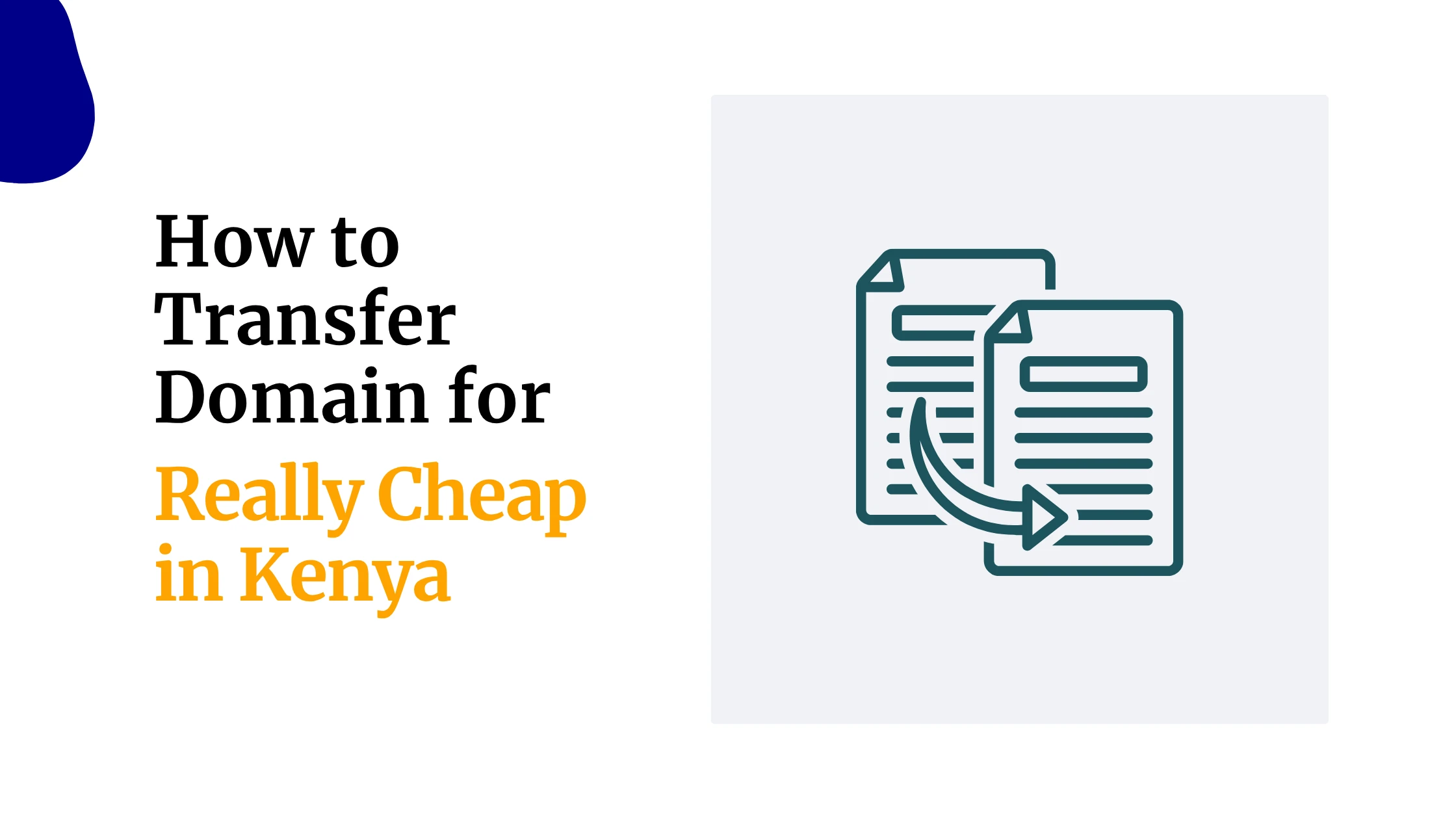You see it everywhere — 500.co, safaricom.co.ke, bbc.co.uk — but its real meaning isn’t always clear.
Choosing the right domain can make or break your brand.
For businesses, startups, or anyone building an online presence, understanding what co means in a web address can give you an edge.
- Co signals you’re a business or corporation
- Shows local presence with extensions like .co.ke or .co.uk
- Keeps your web address short and professional
- Opens up domain name options when .com isn’t available
- Instantly communicates trust and legitimacy
But here’s the catch:
Many people confuse .co with .com, or think .co is only for Colombia.
Some believe anyone can grab a .uk, not realizing it’s reserved for UK’s businesses and individuals.
This post clears the confusion.
You’ll learn what “co” really means, how it works in different countries, and why choosing the right domain extension matters for your business or brand.
Ready to find out what “co” stands for in a web address — and why it could change how people see your business?
Let’s break it down.
What “co” means in a web address
Co stands for “company” or “corporation.”
It’s a clear signal that a website belongs to a business or a commercial entity, not just a personal project or a nonprofit.
You’ll find “co” in two main places: as a top-level domain (.co), or as part of a country code domain (like .co.ke).
The .co top-level domain (TLD)
.co was originally the country code top-level domain (ccTLD) for Colombia.
Today, anyone can register a .co domain. You don’t need to be from Colombia.
It’s open, short, and very similar to .com — which is why many startups and brands use it for memorable web addresses.
Reasons to choose .co:
- Available and modern-sounding
- Short and clean (great for branding)
- Gives you a chance to grab the name you want when
.comis taken
Well-known businesses and brands using .co domains
- 500.co – 500 Global (formerly 500 Startups), a top global venture capital fund
- angel.co – AngelList, a leading platform for startups and investors
- vine.co – Vine, Twitter’s now-archived short video platform
- taco.co – Taco, a productivity and task management tool
- makers.co – Makers, a global community for product creators
- rebrandly.co – Rebrandly, a link management and URL shortening service
- katapult.co – Katapult, a cloud-based software company
- shop.co – Shop, a shopping platform and app
Co in ccTLDs around the world
Co appears in many country code domains as a second-level label to identify companies and businesses.
Examples from across the globe:
co.ke– Kenya (businesses and companies)co.uk– United Kingdom (registered companies)co.za– South Africa (companies)co.in– India (businesses)co.nz– New Zealand (companies)co.jp– Japan (corporations)co.ug– Uganda (businesses)co.zw– Zimbabwe (businesses)
Each country sets its own rules, but co consistently marks a site as a business.
Academic, government, and nonprofit sites use different labels like ac, go, or or.
If you’re registering a domain for your Kenyan business, co.ke is your mark of authenticity and local presence.
If your market is international, .co can work for you, too.
Why businesses prefer co domains
- Authentic business presence
Aco.keorco.ukdomain shows you’re a legitimate business within that country. - Trust and credibility
Customers trust domains that use official, country-specific endings. - More options for your brand name
Many .com names are taken..coandco.xxdomains offer more choices. - Professional look
A co domain keeps your address professional and easy to share.
Registering a co.ke domain in Kenya
You don’t need to be a registered company to secure a .co.ke domain.
Any Kenyan resident, business, or organization can register one
Just pick an accredited Kenyan registrar such as Truehost, place an order for your available choice, and once payment is successfuly you start owning it immediately.
If you’re, however, registering other Kenyan extensions like .ac.ke or .go.ke, you’ll need supporting documents.
But for .co.ke, anyone with a Kenyan presence can claim one — fast and simple.
Other common domain labels in Kenya
ac.ke– Academic institutionsgo.ke– Government organizationsor.ke– Nonprofits and NGOssc.ke– Schools
Pick the domain that fits your type of organization.
For businesses, co.ke is the default.
FAQs about co domains
What’s the difference between .co and .com?
.com is the world’s most recognized domain, but .co is shorter and often available.
Both are used by businesses.
Is co always about business?
Yes.
In domain naming, co means company or corporation, except when .co is used as Colombia’s TLD.
Do other countries use “co” differently?
No. In every ccTLD where “co” appears, it refers to companies or commercial entities.
In summary
Co in a web address means business —literally.
It signals your website is run by a company or corporation, whether you’re based in Kenya, the UK, Japan, or Colombia.
For Kenyan businesses, choose co.ke for strong local presence and trust.
For a global startup or brand, .co could be your next smart move.
Take the guesswork out of your online identity.
Choose the domain that fits your business and start building trust from your very first click.
 Domain SearchInstantly check and register your preferred domain name
Domain SearchInstantly check and register your preferred domain name Web Hosting
Web Hosting cPanel HostingHosting powered by cPanel (Most user friendly)
cPanel HostingHosting powered by cPanel (Most user friendly) KE Domains
KE Domains Reseller HostingStart your own hosting business without tech hustles
Reseller HostingStart your own hosting business without tech hustles Windows HostingOptimized for Windows-based applications and sites.
Windows HostingOptimized for Windows-based applications and sites. Free Domain
Free Domain Affiliate ProgramEarn commissions by referring customers to our platforms
Affiliate ProgramEarn commissions by referring customers to our platforms Free HostingTest our SSD Hosting for free, for life (1GB storage)
Free HostingTest our SSD Hosting for free, for life (1GB storage) Domain TransferMove your domain to us with zero downtime and full control
Domain TransferMove your domain to us with zero downtime and full control All DomainsBrowse and register domain extensions from around the world
All DomainsBrowse and register domain extensions from around the world .Com Domain
.Com Domain WhoisLook up domain ownership, expiry dates, and registrar information
WhoisLook up domain ownership, expiry dates, and registrar information VPS Hosting
VPS Hosting Managed VPSNon techy? Opt for fully managed VPS server
Managed VPSNon techy? Opt for fully managed VPS server Dedicated ServersEnjoy unmatched power and control with your own physical server.
Dedicated ServersEnjoy unmatched power and control with your own physical server.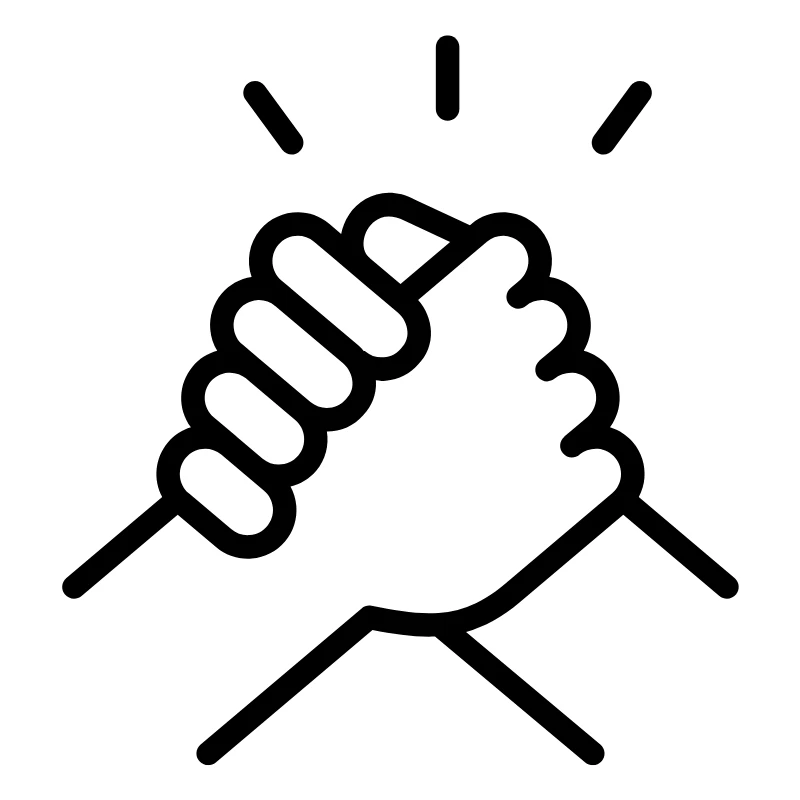 SupportOur support guides cover everything you need to know about our services
SupportOur support guides cover everything you need to know about our services





